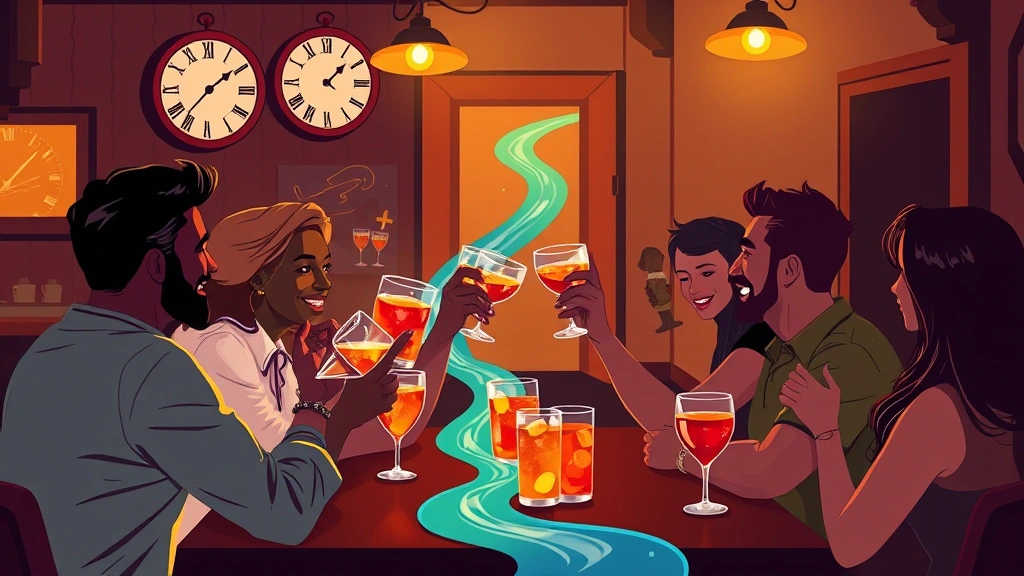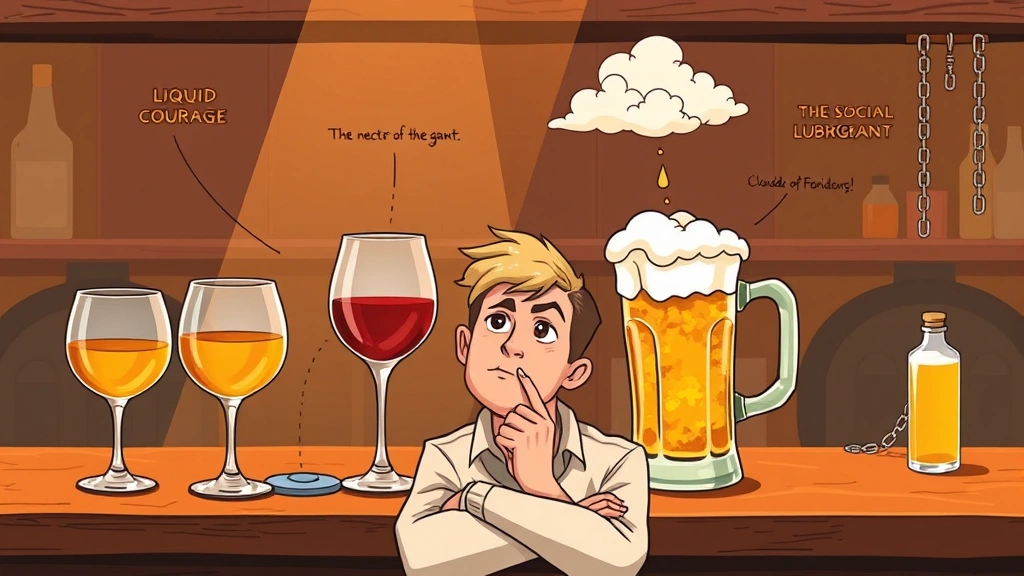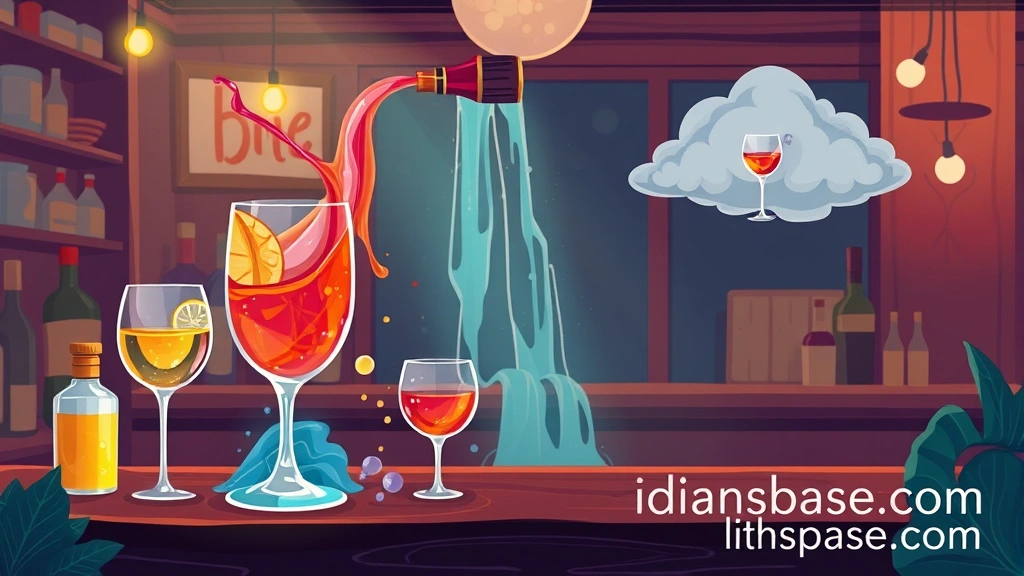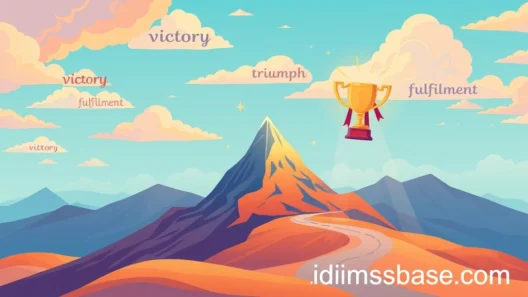Have you ever noticed how we talk about things in ways that aren't quite literal, especially when it comes to something as pervasive as alcohol? It’s fascinating, isn't it? From the joyous clink of glasses to the quiet solace of a nightcap, alcohol has woven itself into the fabric of human culture, ritual, and even language. But beyond its physical presence, it often takes on symbolic meanings, becoming a powerful metaphor for a myriad of human experiences.
Why do we use metaphors for alcohol? Well, it helps us articulate complex feelings or situations that are hard to put into plain words. It adds a layer of depth and often a touch of poetry to our descriptions. Whether we’re celebrating, commiserating, or simply observing, these linguistic shortcuts allow us to convey a richer, more nuanced understanding. Let's dive into some of the most common and intriguing metaphors for alcohol, exploring what they truly mean and how they enrich our everyday conversations.
Common Metaphors for Alcohol and What They Mean
It's amazing how a simple drink can represent so much! Here are some of the most common ways we metaphorically refer to alcohol, each carrying its own unique connotations.
The Social Lubricant
Ah, the "social lubricant"! This is perhaps one of the most widely understood metaphors for alcohol, and for good reason.
- Meaning: When we call alcohol a "social lubricant," we're suggesting it helps interactions flow more smoothly, just as oil lubricates an engine. It's believed to reduce inhibitions, ease awkwardness, and encourage conversation among people who might otherwise be shy or reserved.
- Usage: "The party was a bit stiff until the wine started flowing; it really acted as a social lubricant."
- Insight: Think about those first few minutes at a networking event or a new social gathering. A little bit of alcohol can often break the ice, making it easier to chat, laugh, and connect. It's not about getting drunk, but about softening the edges of social anxiety.
Liquid Courage
Ever felt a surge of bravery after a drink or two? That's "liquid courage" at play!
- Meaning: This metaphor implies that alcohol bestows boldness or confidence upon the drinker, enabling them to do or say things they might not otherwise dare. It’s the idea that a drink can make you feel invincible, even if temporarily.
- Usage: "He finally asked her to dance after a shot of liquid courage."
- Insight: While it might feel like courage, it’s often a temporary lowering of inhibitions rather than true bravery. It highlights how alcohol can alter perception and behavior, sometimes for better, sometimes for worse.
Drowning Your Sorrows
This one paints a rather poignant picture, doesn't it?

- Meaning: To "drown your sorrows" means to drink alcohol in an attempt to forget or alleviate sadness, grief, or problems. It’s a desperate act, suggesting an attempt to submerge negative emotions in a sea of alcohol.
- Usage: "After the breakup, he spent weeks drowning his sorrows at the local pub."
- Insight: This metaphor underscores the escapist nature of alcohol for some. It’s a temporary reprieve, of course, as sorrows rarely truly drown; they often resurface later, sometimes with added complications.
A Crutch
When something becomes a "crutch," it implies dependence.
- Meaning: Referring to alcohol as a "crutch" suggests that someone relies on it for support, not physically, but emotionally or psychologically. It implies an unhealthy dependence to cope with daily life, stress, or anxiety.
- Usage: "She realized alcohol had become a crutch for her anxiety, rather than a solution."
- Insight: This metaphor powerfully conveys the idea of addiction or a developing dependency. It highlights how alcohol can be used as a substitute for healthier coping mechanisms, leading to a cycle of reliance.
Firewater
This is a classic term, often heard in older movies or historical contexts.
- Meaning: "Firewater" is an archaic or derogatory term for alcoholic spirits, particularly strong ones. It evokes the burning sensation alcohol can produce when consumed, and sometimes its destructive potential.
- Usage: "The old prospector always carried a flask of firewater for the cold nights."
- Insight: This term often carries a historical weight, sometimes used by colonizers to describe alcohol given to indigenous populations, highlighting its potent and sometimes harmful effects. It conjures images of raw, potent spirits.
The Devil's Brew
A strong, moralistic metaphor.
- Meaning: "The devil's brew" casts alcohol in a negative, often condemnatory light, associating it with evil, temptation, and moral decay. It suggests that alcohol leads to sin or destructive behavior.
- Usage: "His grandmother always warned him about the devil's brew and its corrupting influence."
- Insight: This metaphor reflects a strong moral or religious stance against alcohol consumption, viewing it as inherently bad or dangerous. It emphasizes the potential for alcohol to lead individuals astray.

A Taste of the Good Life / The Finer Things
On a more positive note, alcohol can also symbolize luxury.
- Meaning: When alcohol, especially fine wine or spirits, is referred to as "a taste of the good life" or "the finer things," it signifies luxury, sophistication, celebration, and enjoyment of life's pleasures.
- Usage: "They toasted their success with a vintage champagne, truly a taste of the good life."
- Insight: This metaphor connects alcohol with status, celebration, and indulgence. It highlights the cultural role of certain alcoholic beverages as symbols of affluence and special occasions.
The Great Equalizer
This metaphor points to alcohol's ability to level social hierarchies.
- Meaning: "The great equalizer" suggests that alcohol can break down social barriers, making everyone feel equally comfortable and open, regardless of their social standing or background.
- Usage: "At the pub, a few beers acted as the great equalizer, with bosses and employees laughing together."
- Insight: While perhaps overly optimistic, this metaphor touches on the idea that alcohol can foster camaraderie and reduce formality, encouraging more genuine interaction among diverse groups.
The Nuance of Alcoholic Metaphors
It's truly fascinating how these simple phrases can carry so much weight and vary so widely in their implications. From the celebratory "taste of the good life" to the cautionary "devil's brew," each metaphor offers a unique lens through which we view alcohol and its role in our lives. They aren't just pretty words; they reflect our collective experiences, our joys, our struggles, and our cultural perceptions.
When you hear someone use one of these metaphors, take a moment to consider the underlying message. Are they celebrating? Are they warning? Are they simply trying to make sense of a complex human behavior? Understanding these linguistic nuances can deepen your appreciation for language and the intricate ways we communicate.
Key Takeaways

- Metaphors for alcohol are widely used to describe its effects, cultural role, and perceived impact.
- They range from positive (e.g., "social lubricant," "finer things") to negative (e.g., "crutch," "devil's brew").
- These linguistic devices help us articulate complex feelings, social dynamics, and behaviors associated with alcohol.
- Understanding these metaphors provides insight into varying cultural and personal perceptions of alcohol.
- They highlight alcohol's dual nature: a source of celebration and connection, but also a potential source of problems and dependence.
Frequently Asked Questions
H4 What is the primary purpose of using metaphors for alcohol?
The primary purpose of using metaphors for alcohol is to simplify complex ideas, emotions, or social dynamics related to its consumption. They allow us to convey a deeper meaning, add color to our language, and often express nuances that might be difficult to articulate directly. For example, saying "liquid courage" is a much more evocative and understandable way to describe the temporary boldness alcohol can induce than a lengthy scientific explanation.
H4 Are these metaphors universally understood across different cultures?
While many of the core concepts behind these metaphors (like alcohol easing social interactions or being used to cope with sadness) are widely understood, the specific phrases may vary. For instance, "liquid courage" is common in English-speaking cultures, but other languages might have their own unique, culturally specific metaphors that convey a similar idea. However, the underlying human experiences that give rise to these metaphors tend to be quite universal.
H4 Can using metaphors for alcohol normalize unhealthy drinking habits?
It's a really interesting question, and the answer is nuanced. Some metaphors, especially those that romanticize or glamorize alcohol (like "social lubricant" or "a taste of the good life" without context), could potentially contribute to normalizing heavy or problematic drinking if not discussed critically. However, other metaphors, like "crutch" or "drowning your sorrows," explicitly highlight the negative aspects and potential for dependence. The impact often depends on the context and the speaker's intent.
H4 How do these metaphors reflect societal attitudes towards alcohol?
These metaphors are fantastic reflections of societal attitudes! For example, the prevalence of "social lubricant" shows how deeply alcohol is intertwined with our social gatherings and expectations. "The devil's brew" reflects historical temperance movements and moral objections. Meanwhile, "the finer things" speaks to alcohol's role in luxury and celebration. They reveal the diverse, sometimes contradictory, ways societies perceive and interact with alcohol.
H4 Are there any new, modern metaphors for alcohol emerging?
Language is always evolving, so yes, new metaphors can emerge, often reflecting contemporary culture and trends. For example, you might hear alcohol referred to as "adult juice" in a lighthearted, casual context among younger generations. As attitudes and consumption patterns shift, so too will the ways we metaphorically describe alcohol. The digital age and social media also play a role in how new slang and metaphorical expressions spread.






